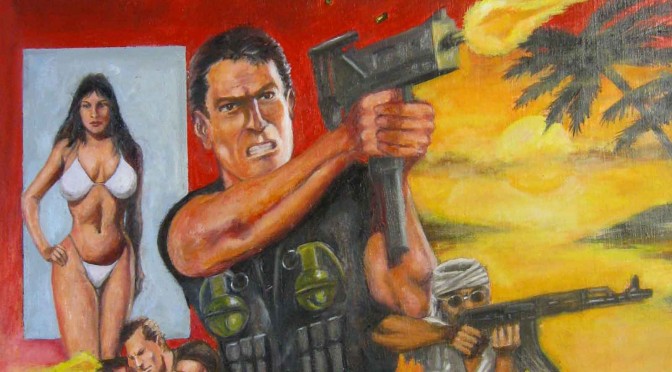Chapter 2 from False Flag.
(Read Prologue and Chapter 1 here.)
2
Y MINUS TWO
BAGHDAD, IRAQ
Jake McCallum hadn’t had many visitors since he’d been in the hospital. A few guys from Security Solutions, International, including the president of the private military company, dropped by. Ingrid–a field surgeon and his on-again, off-again girlfriend, checked in regularly. But his closest friend in SSI, Leon Campbell, was stateside. And after the first few days there was little break from the bedridden monotony in the cool, white room.
At six-foot-eight and with a massive, carefully-sculpted musculature, it was agonizing for Mac to lay here and feel himself atrophy. His arm was broken and his knee recovering from surgery. In a civilian context he would have been released to recover at home; but here he was treated like a wounded soldier because it wouldn’t be safe for him in-country in his vulnerable condition.
A black man, who was not Leon, appeared in the doorway and rapped his knuckles on the jamb. He was a little shorter than Leon, and huskier. “What’s up, my brotha?” the man greeted.
Mac noted his business formal attire, despite the environment. His shoes were in the latest style. The creases in his pants were razor-sharp, and his jacket was tailored to his V-shaped torso. With perfectly trimmed mustache and goatee, he looked like a model for the cover of Jet or something. Mac had rubbed elbows with plenty of Agency guys over here. Agency guys usually dressed business/casual Nobody except politicians dressed sharper than that.
From his bed, Mac chinned an acknowledgment of the visitor, who then entered with a very subtle three-legged swagger.
“DeAngelo Jeffries,” the man said, extending his hand. Mac wrapped his own huge paw (the one he could still use) around the offered hand and pumped it once.
“I’m in town for a while, checking things out,” Jeffries said. “Guy I’m with was assigned to debrief your girlfriend—tall Swedish blonde—so I thought I’d come by and holla at ya.”
“Debriefing” meant Jeffries was working for the Agency in some capacity. McCallum had wondered if his trip to Indonesia would get their attention.
“Nurse said they had to do some work on your knee,” Jeffries said, sliding the chair over to seat himself at bedside.
“Yeah,” Mac said. “I can get around on crutches for now. Hopefully I’ll be able to put weight on it before much longer.”
“Knee injuries are no joke, man,” Jeffries said. “I had to have mine scoped a few years back. It’s like the most critical joint in your body. Has to withstand the most abuse.”
“Hurt it playin’ ball?” Mac asked, slipping into a ‘hood accent without conscious thought.
“Yeah, you know it,” Jeffries said. “But nothin’ like yours. Speakin’ of ball, I know you had to play somewhere, with your height.”
Mac shrugged massive shoulders. “High school. A little college, before I went in the Army. So if somebody’s debriefing Ingrid, that means you’re here to debrief me.”
Jeffries shrugged this time. “Naw, man–nothin’ official. Wouldn’t do that here, anyway. But rumors go ’round, and I’m supposed to ask you some questions. That’s all.”
“What you wanna know?”
“You know: routine stuff. Like were you injured here or somewhere else?”
“On vacation,” Mac said, technically telling the truth.
“Where’d you go?” Jeffries asked, in a friendly, conversational, none-too-concerned tone of voice.
“Indonesia,” Mac replied, wondering how much Ingrid was telling this guy’s partner. She didn’t know everything, but she knew enough to raise some eyebrows in certain circles where a smart person never wanted to cause eyebrows to be raised. “My first time over there.”
“SOCOM never sent you over there, huh?” Jeffries asked, surprised.
So Jeffries had read Mac’s dossier.
“Not me,” Mac said. “They always had me focused on the Middle East. Taught me Arabic; oriented me on Islam; all that.”
Jeffries nodded. “I guess it makes sense you got a Private Military Company over here. Ain’t too many brothas got that kinda’ juice at War, Incorporated.”
“I’m only vice president,” Mac said.
Jeffries chuckled. “Looks to me like you do all the work at SSI, while the president just handles the administrative end.”
Mac shrugged again. “Nigga behind the trigga. You know.”
Jeffries shook his head, sadly. “We come all this way. Even got a brotha into the White House. But the white man still has the white collar.”
“Even in a war zone,” Mac agreed, chuckling himself, relieved that Jeffries didn’t seem to be hungry for details about his “vacation.”
“I don’t know what you’ve heard,” Jeffries said, suddenly serious. “But there’s a new development here. Al Qaeda is reorganizing; working on changing their name.”
Mac knew “former” Al Qaeda cells were instrumental in a lot of regional mischief. And white people were making entirely too big a deal that American tax dollars were buying weapons which found their way into the hands of the late Osama Bin Laden’s jihadists. The issue was much more complex than who was behind the 9/11 attacks and whether the new regime in Syria would be more hostile to the US than the old one was. Now, evidently, the jihadists were getting ready to topple the precarious post-Saddam regime here in Iraq, too.
“The withdrawal is a done deal,” Jeffries said. “The day is coming when you won’t have the Army or Marines here to back you up.”
“I go to the briefings,” Mac said.
“You ever consider working domestically?”
“In the States?” Mac nodded. “I tried to get on a SWAT team after I left the Army. Wound up a contractor instead.”
Jeffries shook his head, frowning. “I ain’t sayin’ you wouldn’t be good at it, but SWAT—that’s local stuff. The Man wants to keep us local and small scale, but we need to get in where the power is, on the federal level.”
“You mean like what you’re doing?” Mac asked.
Jeffries nodded. “I’m at the federal level. I got my finger on the pulse; feel me? And if bad stuff goes down, I’m in a position to do somethin’. Look at the whole Eric Garner thing…did you follow that?”
Mac shook his head slowly. “Yeah. Man, that jury…”
“That jury was just the start, man. You know I can’t talk about everything, but trust me, my brotha: it’s gonna get real ugly before too long. The man sees us movin’ up, now, and he don’t like it. I mean, we even got one of ours into the White House. White House. White. It’s their house, the way they see it. And they’re frothin’ at the mouth to make make sure us uppity Negroes don’t ever get up there again. There’s gonna be a backlash sooner or later, and you can kinda’ see it happening already.”
Mac considered his white friends. Some of them were just consumed with hate for Obama. They could rattle off facts and statistics to justify it, but what was the real reason? Then there were loose cannons like Josh Rennenkampf, who Mac was sure must be a closet Neo-Nazi.
“You got too much talent to waste on a SWAT team,” Jeffries went on, laughing derisively. “Or to waste bein’ a contractor.” He swept his hand in an arc–not to indicate the room they occupied or even the whole hospital, but the volatile country surrounding it, along with the chaos and military/political quagmire it represented.
“I dunno,” Mac said. “Contracting has been a good fit for me.”
“Well you might wanna think it over, my brotha. I might be able to hook you up, you ever decide to give it a try.”
“I appreciate it, man,” Mac said.
Jeffries stood from his chair. “Tell you what: I’m not gonna pry into your personal business about the vacation right now. You’re in the hospital, on pain meds. I’m just gonna say you fell asleep before you told me much. You get with Ingrid, find out what she said, then you can get your stories straight. Then we can finish debriefing. Sound good to you?”
Mac nodded, dumbly. When they shook hands again, it was in the familiar street method passed down and constantly revised by young men ever since the Vietnam era.
After Jeffries left the room, Ingrid came to visit him. She was a tall, well-proportioned, attractive Scandinavian woman, with a lab coat on over a nice casual blouse and pants. She asked how he was doing, and if he’d been questioned.
“Yeah. And he’s not done, either. What did you tell them?”
Ingrid shrugged. “What I know, which wasn’t much. I was on the boat when all of you went ashore. But I did see the one firefight.”
Mac groaned. Why did she have to mention that?
Well, he guessed the Agency probably knew about it already, anyway. “What did they seem most interested in?”
“Who all was there,” she said. “They knew about Tommy Scarred Wolf and his brother. And about you. They wanted other names, but I couldn’t remember them. I just gave physical descriptions.”
“Alright. If they come back to ask if you remember anything else, say no.”
They chatted for a bit, then she kissed him and left.
Mac pondered the whole strange encounter with Jeffries. The agent had saved Mac a whole lot of hassle, not asking questions there probably weren’t any safe answers for. In fact, if somebody really wanted to be a jerk, they could classify Mac as a suspected accomplice in the murder Tommy and Vince were framed for back in Medan, Indonesia.
Something bothered Mac about how easy Jeffries had made it for him. On the other hand, he was grateful to finally find an ally who saw things how they really were in this white man’s world. The negative possibilities surrounding Jeffries’ behavior paled in comparison.

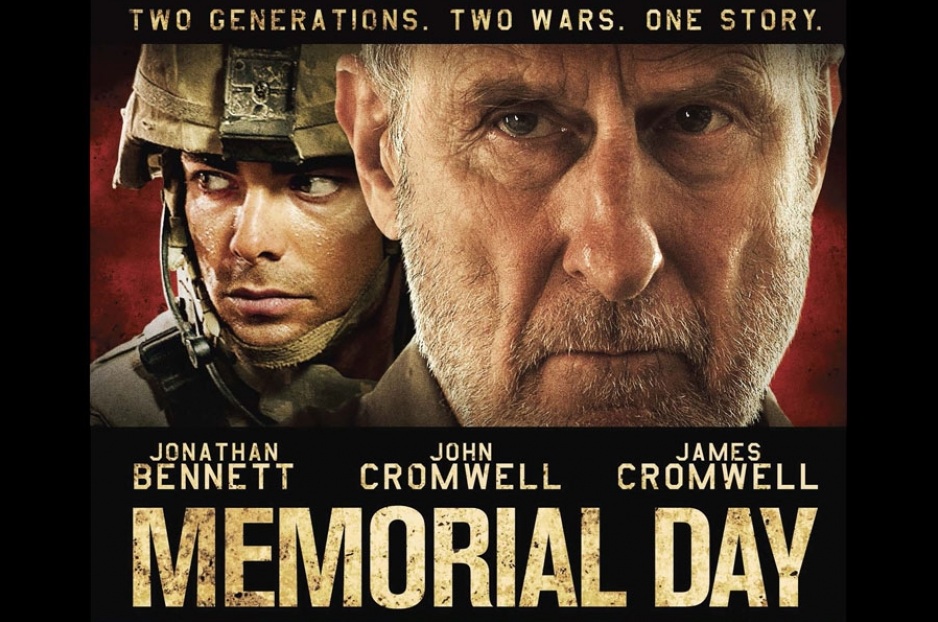


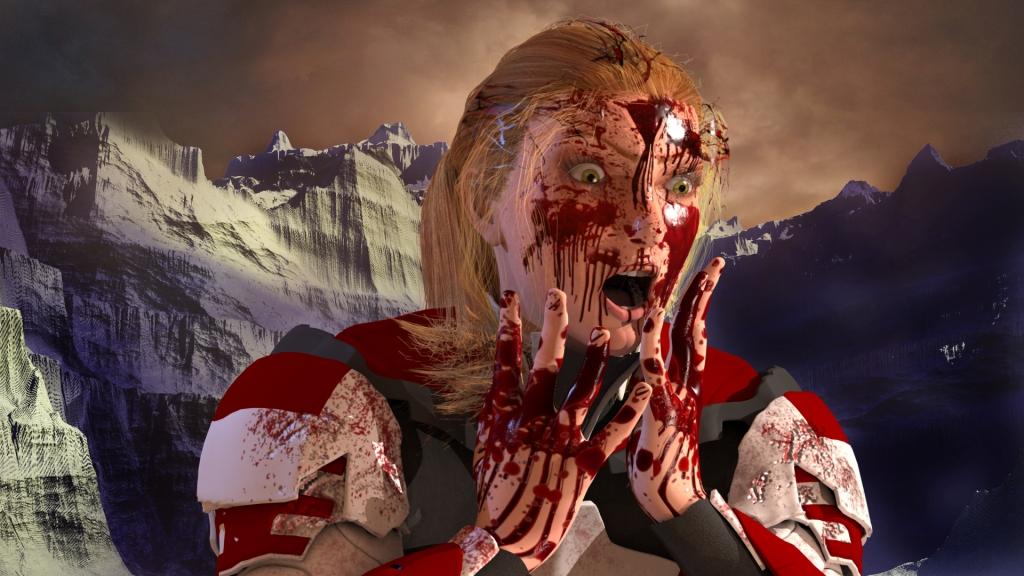


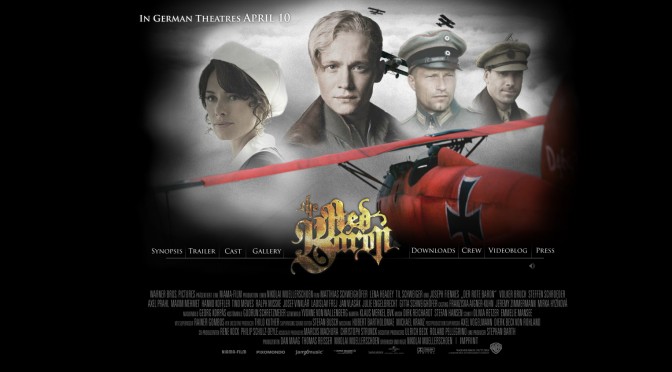
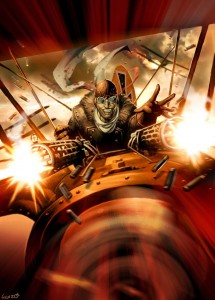
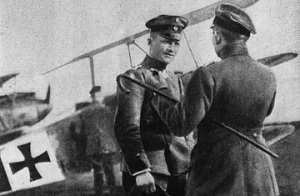
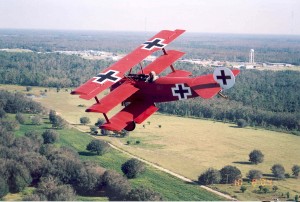
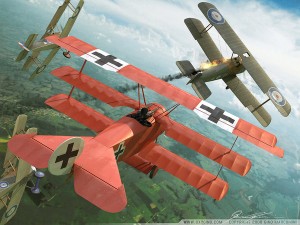

 re of red pill readers; even some authors like me offering an alternative to the chick-lit, romance, paranormal, and other typical pinkshirt pap with Marxist themes and pixie superninjas.
re of red pill readers; even some authors like me offering an alternative to the chick-lit, romance, paranormal, and other typical pinkshirt pap with Marxist themes and pixie superninjas.

